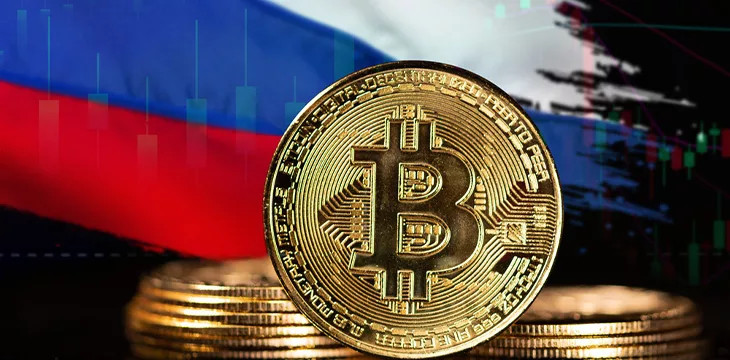Russia has officially passed a law allowing for the use of digital financial assets (DFAs) in cross-border payments as a strategic move to evade Western sanctions. The law, signed by President Vladimir Putin, permits the use of digital currencies for foreign trade payments, with only tokenized assets issued by the Bank of Russia being authorized for such transactions.
Although the new law prohibits the domestic use of DFAs within Russia’s borders, it opens up avenues for leveraging digital assets to bypass economic sanctions while maintaining the influence of the ruble in domestic transactions. The legislation also has implications for Russia’s anti-money laundering (AML) laws, including the exemption of full disclosure of parties involved in DFA transactions to mitigate sanctions risks.
In addition to enabling the transfer of non-state pensions and insurance contracts through digital platforms, the law empowers the central bank to set additional conditions for the use of DFAs for settlements. However, it is unlikely that the central bank will expand conditions for domestic use, focusing primarily on serving foreign trade operations to enhance collaboration with friendly nations and reduce the impact of sanctions.
Despite the potential benefits of utilizing DFAs for cross-border transactions, challenges lie ahead in onboarding international partners to DFA platforms and potential misuse by bad actors exploiting AML loopholes. As Russia continues to explore ways to navigate sanctions, including the development of a digital ruble with cross-border capabilities and exploring blockchain-based payment systems with CBDCs for BRICS member states, the country is strategically positioning itself to reduce reliance on the U.S. dollar in international trade while mitigating the impact of economic sanctions.









